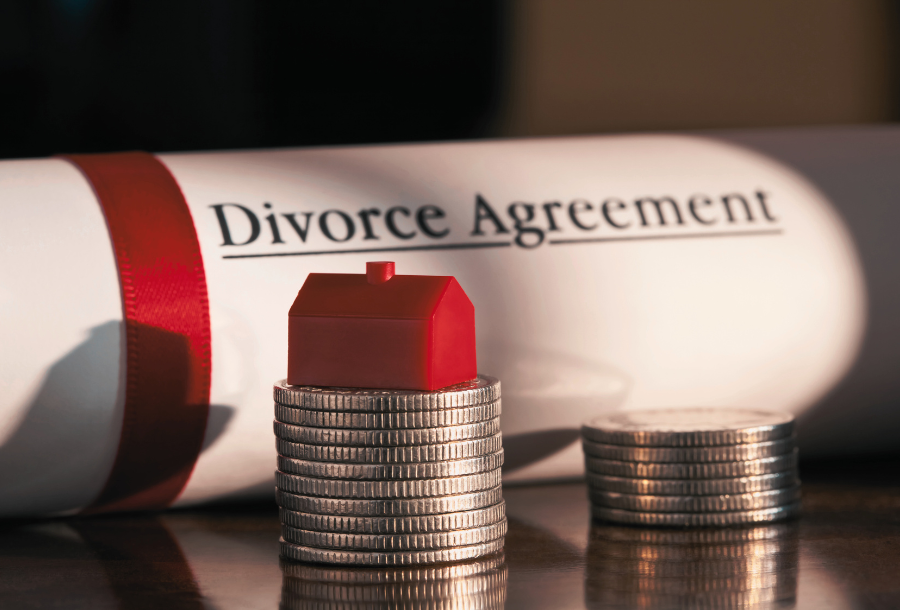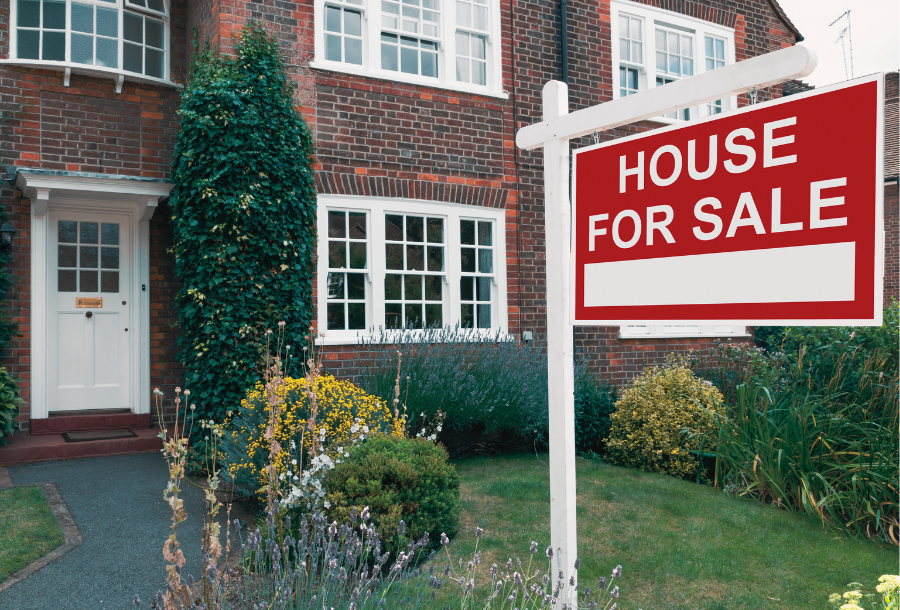Divorce is tough, and figuring out what to do with the family home is often the biggest headache. If you’re looking for a quick and less stressful solution, a cash sale during divorce could be the answer. It essentially cuts out all the waiting and uncertainty of a traditional sale, which is a huge relief when you’re trying to get a clean break.
Contents
Dealing with the Family Home in Divorce
When a marriage ends, your assets need to be split, and the home is usually centre stage. Both partners have rights and decisions about selling that impact your finances and where everyone will live. In England, the hope is that you and your ex can agree on how to handle it. If not, the courts will step in, always prioritising the welfare of the children, along with incomes, needs, and what’s considered a fair division. Honestly, talking openly and trying to find common ground is the best way to avoid a stressful court battle.
Why Choose a Cash Sale?
A cash sale simply means the buyer pays the full amount upfront in cash, with no need for a mortgage or loans. These buyers are often investors or specialised property-buying companies. The speed is the number one benefit here. While a traditional sale can drag on for months, with the risk of buyers pulling out or a property chain collapsing, cash deals can wrap up in just a few weeks. When you’re trying to move on after a divorce, that certainty is invaluable. Plus, some cash firms will even cover your legal fees, saving you money when cash might be tight.
Another perk? Cash buyers often purchase the home “as-is,” meaning you don’t have to spend precious time and money on repairs. While the process of conveying (the legal transfer of property) is similar to a standard sale, it’s just much faster. Just remember: the money from the sale will be held and considered a joint asset that still needs to be divided fairly.
The Legal Steps for a Quick Sale
1. Getting to an Agreement
First and foremost, both of you must agree to the sale. If you do, your solicitors will draft the terms, including exactly how the proceeds will be split. This must then be filed with the court as a Consent Order, which makes the agreement legally binding and protects both of you from future disputes. If you’re stuck and can’t agree, mediation is the next step. While a court can force a sale, it will only do so after seriously considering things like where the children will live. If one person absolutely refuses to sell, you’ll need to apply to the court, which will look at everything from contributions to needs.

2. Finding a Buyer and Valuing the Home
Once the sale is agreed upon, you’ll market the home to cash-buying firms. You should get a professional valuation from a Royal Institute of Chartered Surveyors (RICS) surveyor. Their figures hold a lot of weight in court. Cash buyers will show proof of their funds, and while they can offer a speedy sale, they may negotiate a price that’s around 75% of the market value since they are saving you agent fees. Make sure all terms are crystal clear.
3. The Final Legal Process (Conveyancing)
This is where your solicitors handle all the paperwork. They review the documents, ensure any outstanding loans are paid off and fully disclose any issues with the property. Crucially, in a divorce, there are extra checks to protect both parties, and the proceeds will be held in a secure account until the court officially signs off on the final financial settlement. Both joint owners will have to sign off on the final contracts.
4. Completion and Splitting the Funds
On completion day, the buyer pays, the Land Registry is updated, and the loans are cleared. The remaining funds are held safely, waiting to be split according to the court’s order. The division might be equal, or it might be adjusted based on care duties for the children or other factors. The key here is that the money will not be released until the court stamps the settlement, which prevents any last-minute arguments.

Important Things to Keep in Mind
- Mortgage Payments: Even if you’re selling, you are both still liable for the mortgage until it’s paid off with the sale proceeds. Keep up the payments; missing them will hurt both of your credit ratings.
- Timing the Divorce: Many couples sell first to get a clean break. You can sell before the Decree Absolute (the final legal end of the marriage), and timing this is important, as transferring assets between spouses before this date can have tax advantages.
- Taxes: Get advice. You usually won’t pay Capital Gains Tax on your main home, but if you’ve moved out or it’s a second property, tax may apply.
- Kids Come First: The court’s primary concern is always the children. A fast sale can be a great way to fund stable, new homes quickly, but if the move is too disruptive, a delay might be considered.
Ultimately, a cash sale during divorce provides speed and certainty. It helps you quickly untangle your financial lives so you can both move forward. Getting professional help from family solicitors and property experts is essential to make sure no legal or financial slips happen along the way.
FAQs
Q1: What is a cash sale during divorce? It means selling your home to a buyer who pays full cash, no mortgage. This speeds up the sales process.
Q2: Do both partners need to agree on a cash sale during divorce? Yes, if the property is jointly owned. If not, a court may order a sale.
Q3: How fast is a cash sale during divorce? Often weeks, unlike months for normal sales.
Q4: What happens to sale money in a divorce? It is held until the court okays the split as per the consent order.
Q5: Can I sell before the decree absolute? Yes, but time it for tax perks.
Q6: What if one refuses to sell? Try mediation. A court can force a sale if fair.
Q7: Are there any taxes on a cash sale during divorce? The main home is often tax-free between spouses till absolute.
Q8: How to get a valuation of the home? Use a RICS surveyor for court-accepted figures or an independent cash buying company.
Q9: What are alternatives to selling? Buyout, defer the sale, or keep joint ownership.
Q10: Who pays the mortgage during the divorce process? Both parties are liable until it is paid off or sold.
Related articles
A Clear, Fast and Fair Way to Move On After a Divorce
Pros and Cons of Selling to a Cash Buyer in a Slow UK Market


